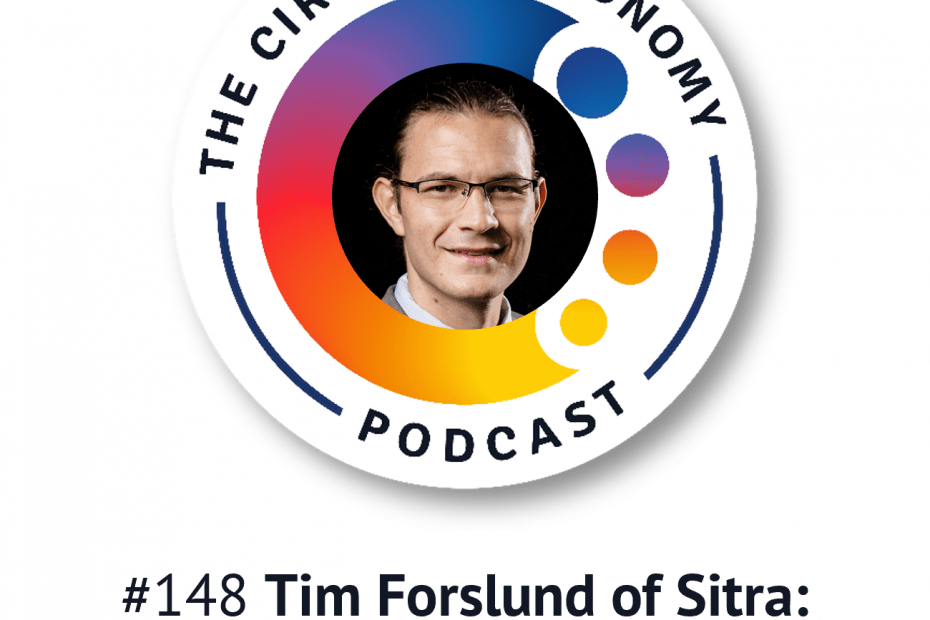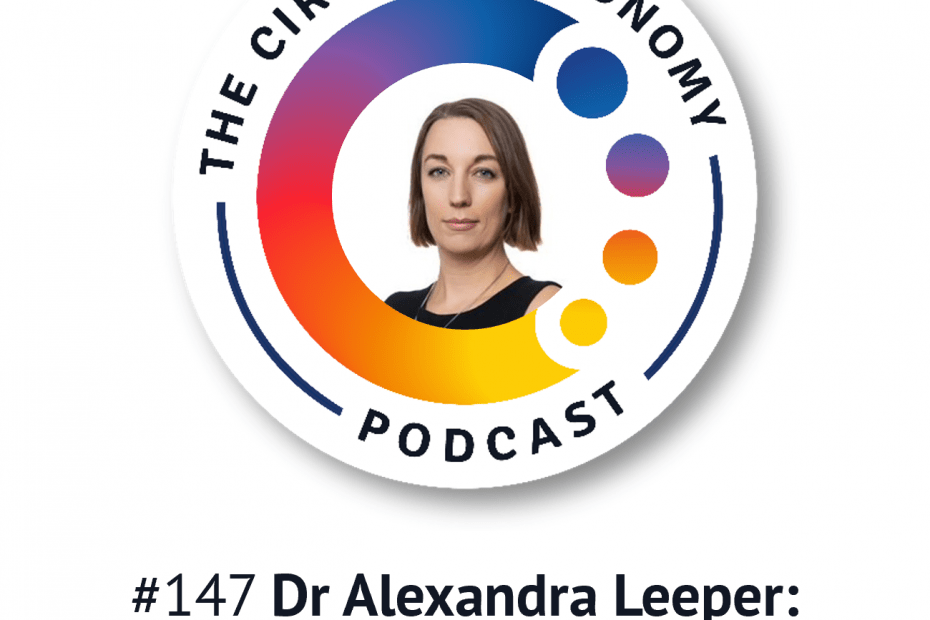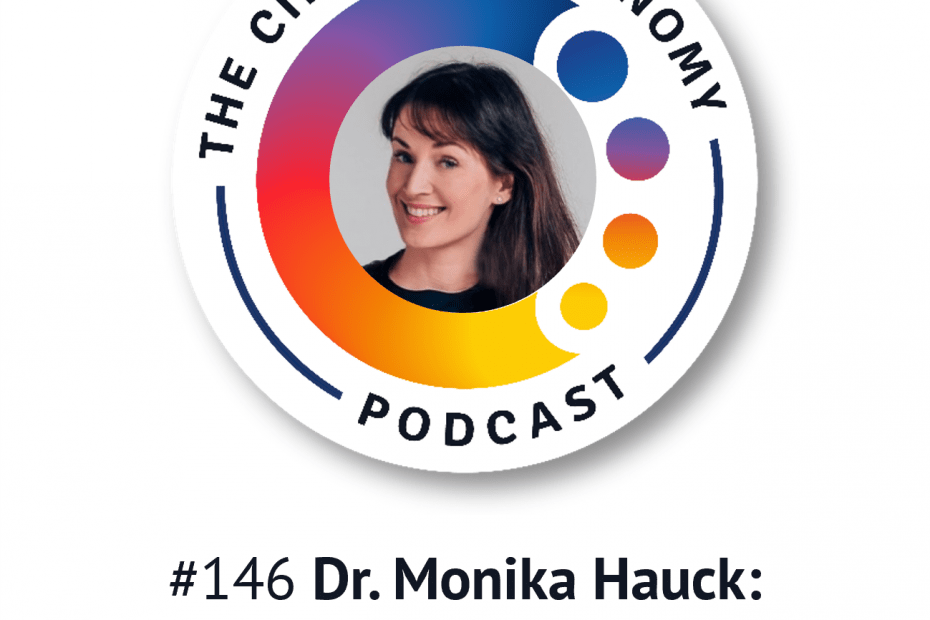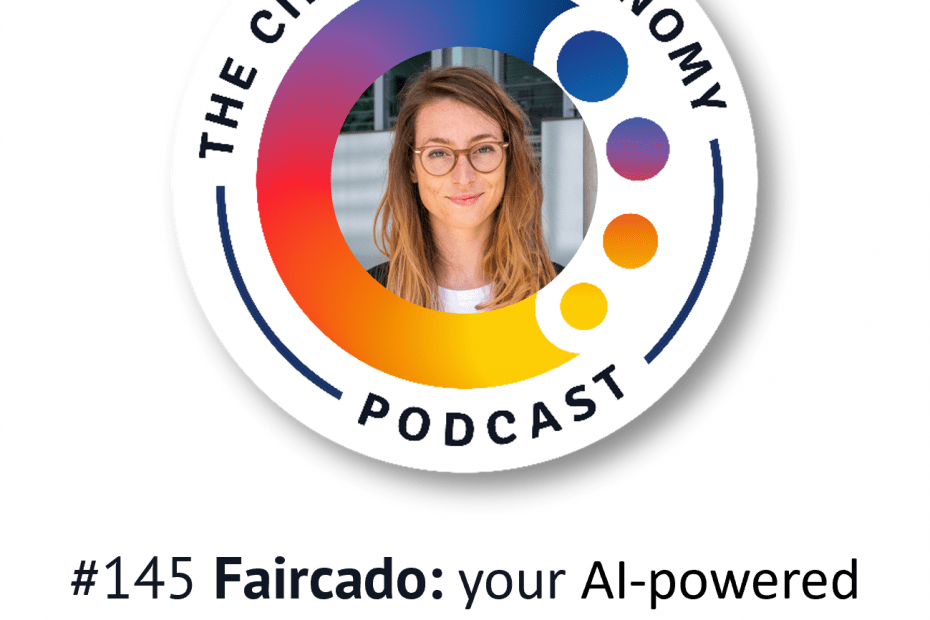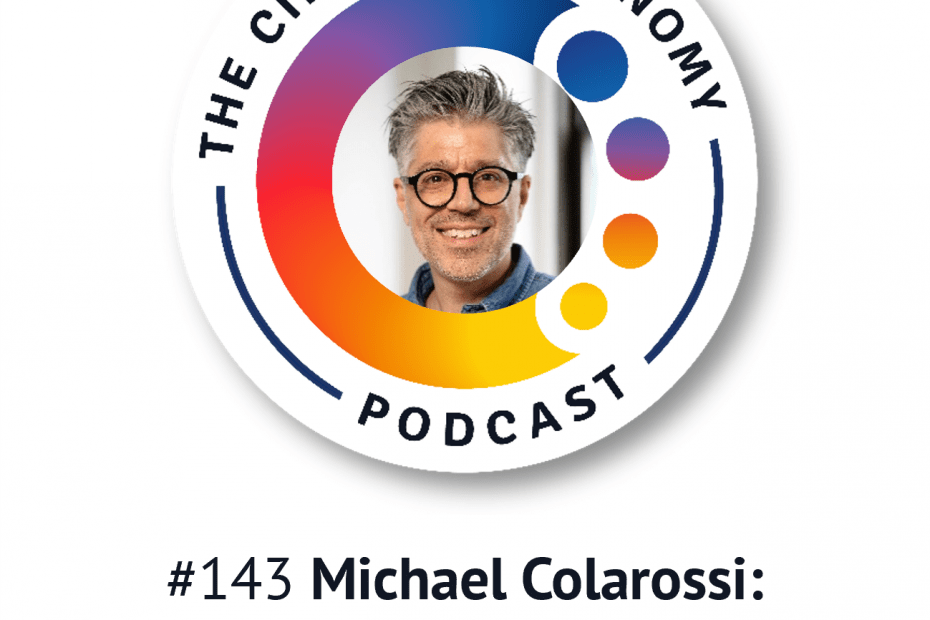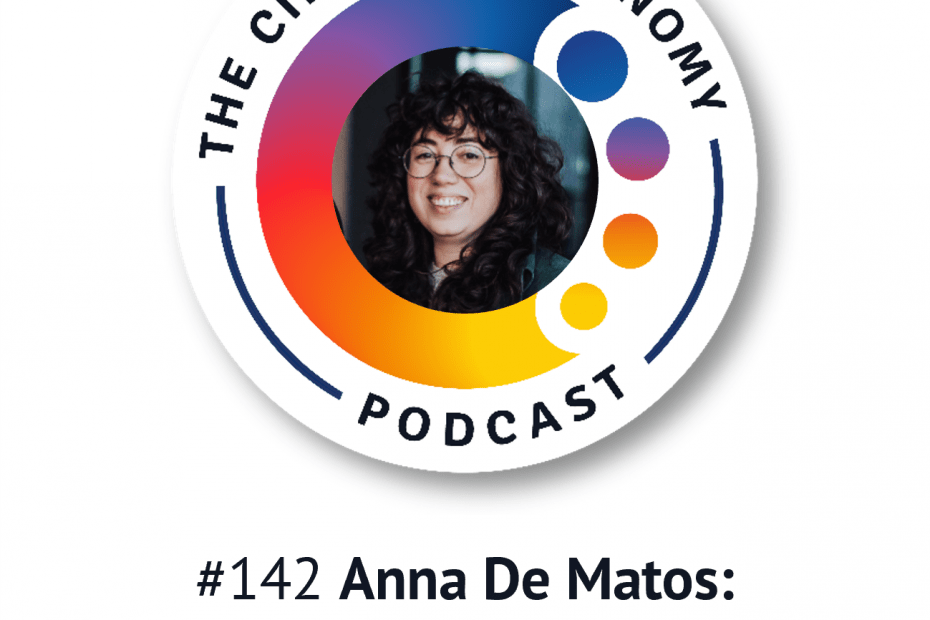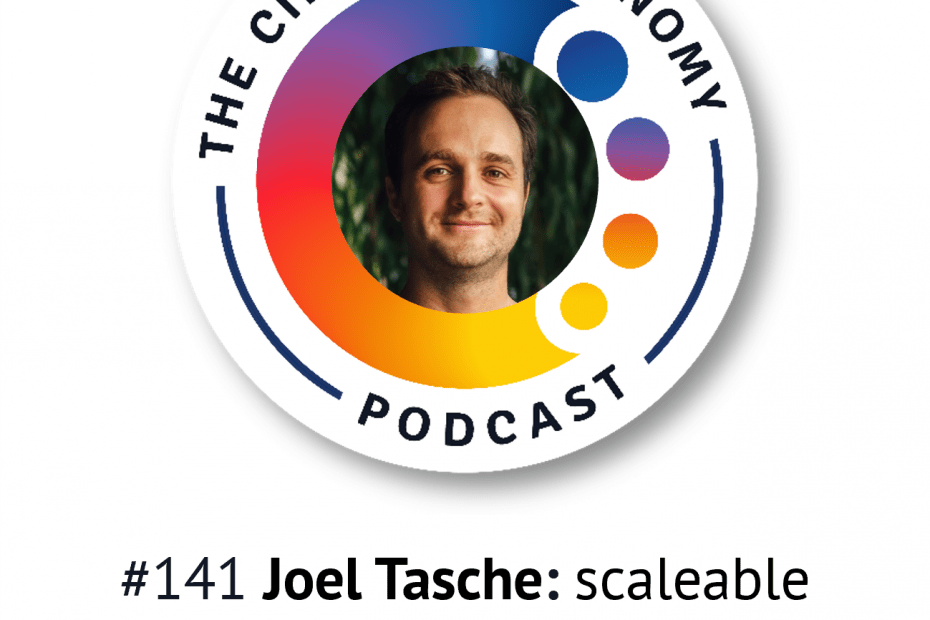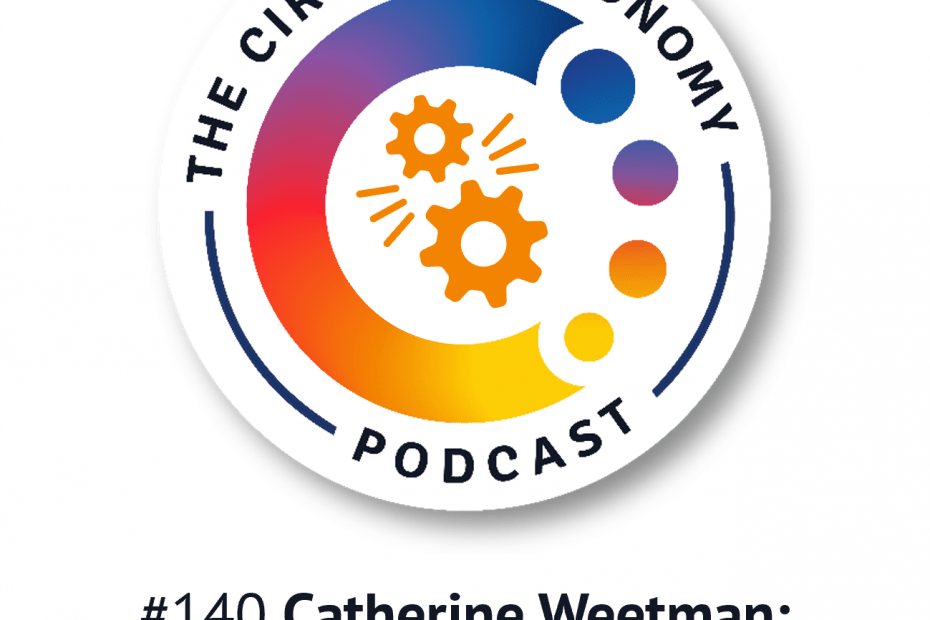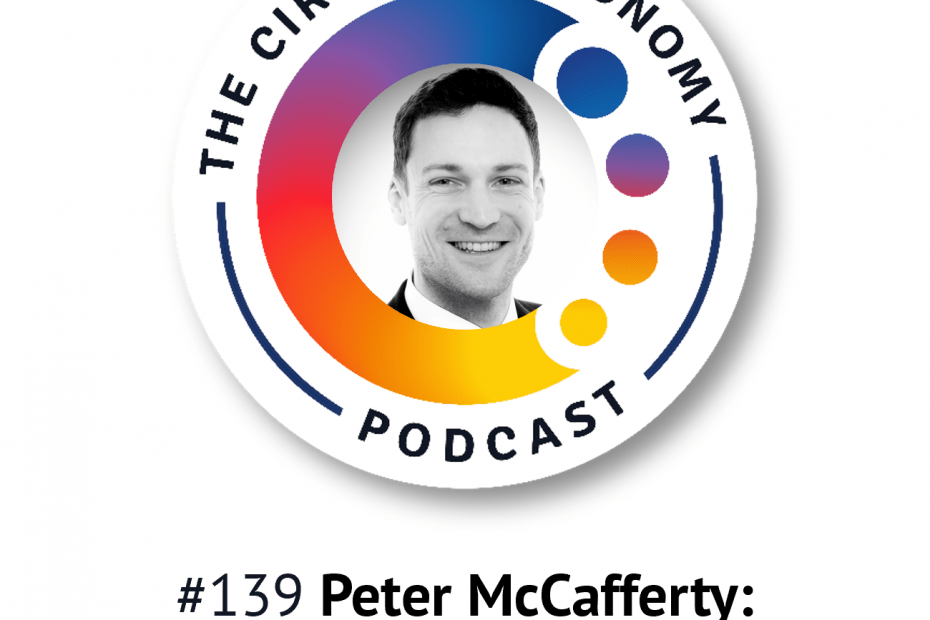Michael Colarossi of Avery Dennison explains how Digital Product Passports can be a key enabler in the transition to a circular economy.
Michael is head of Enterprise Sustainability at Avery Dennison, which specializes in global materials science and digital identification solutions. As part of the the leadership team, Michael is responsible for environmental, social and governance (ESG) strategy across the company’s worldwide operations. His work focuses on climate action, decarbonization, global supply chain transparency, digital product passports, circular labels and packaging materials.
You might already know that the European Union is rolling out a new regulation meaning that nearly all products sold in the EU will require a Digital Product Passport (DPP). The initiative is part of the Ecodesign for Sustainable Products Regulation, and aims to enhance transparency and improve availability of reliable product data, by providing comprehensive information about each product’s origin, materials, environmental impact, and recommendations for disposal.
The EU Digital Product Passport will include a unique product identifier, compliance documentation, and information on substances of concern. It will also provide user manuals, safety instructions, and guidance on product disposal. The EU intends that Digital Product Passports will enhance supply chain management, ensure regulatory compliance, and help companies identify and mitigate risks related to authenticity and environmental impact.
For example, those products like mattresses, sofas and other home furnishings often contain multiple materials, including some natural fibres like wool and cotton, plus synthetics like polyester. The more we know about the make up of the product, the easier it is to decide whether and how it could be refurbished, remanfactured or recycled.
The EU regulations will be mandatory for industrial and electric vehicle batteries from 2027, and other product categories, including textiles, are expected to follow by 2030.
Michael Colarossi gives us a broader overview of Digital Product Passports, including what kinds of products are they useful for, and what forms they take.
As Michael explains, the EU regulations only require the passport to provide details for the type of product – not for every individual unit of that product. We discuss why that more detailed approach would be better.
We talk about the potential for Digital Product Passports to guard against fraud and misinformation
This isn’t straightforward, and we talk about some of the barriers and difficulties from a company perspective, together with the advantages that help make a good business case for doing it, even without the legislation.
